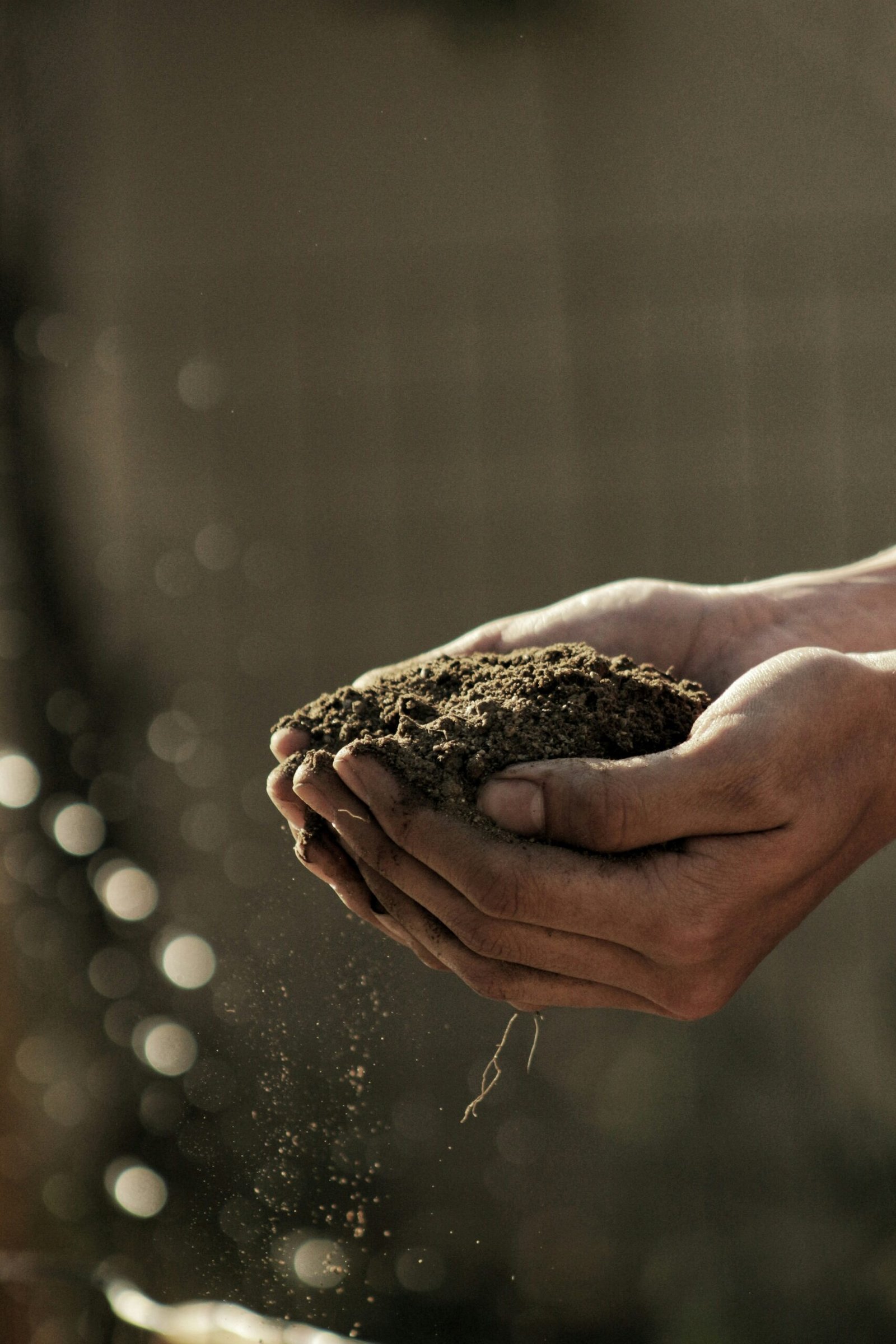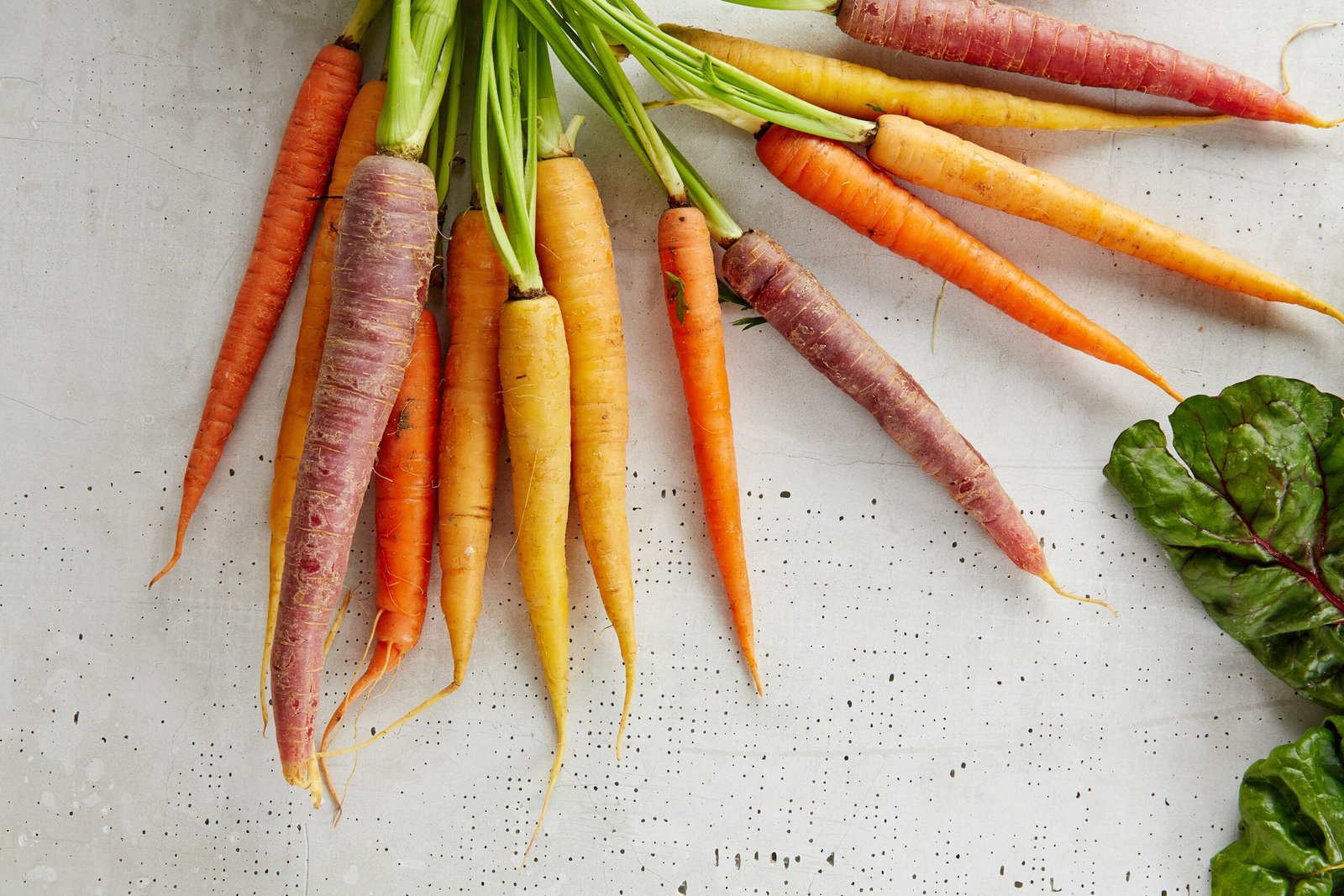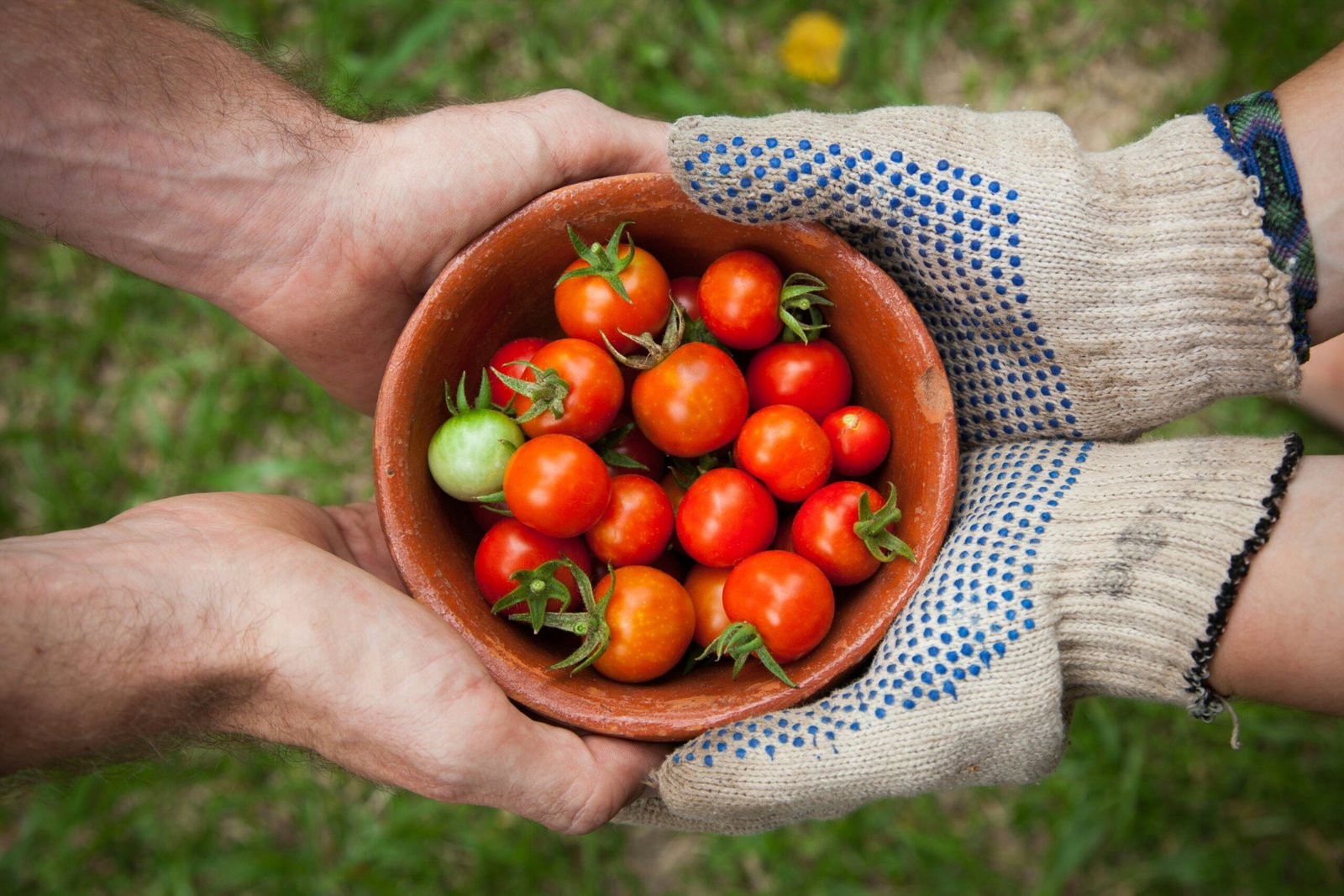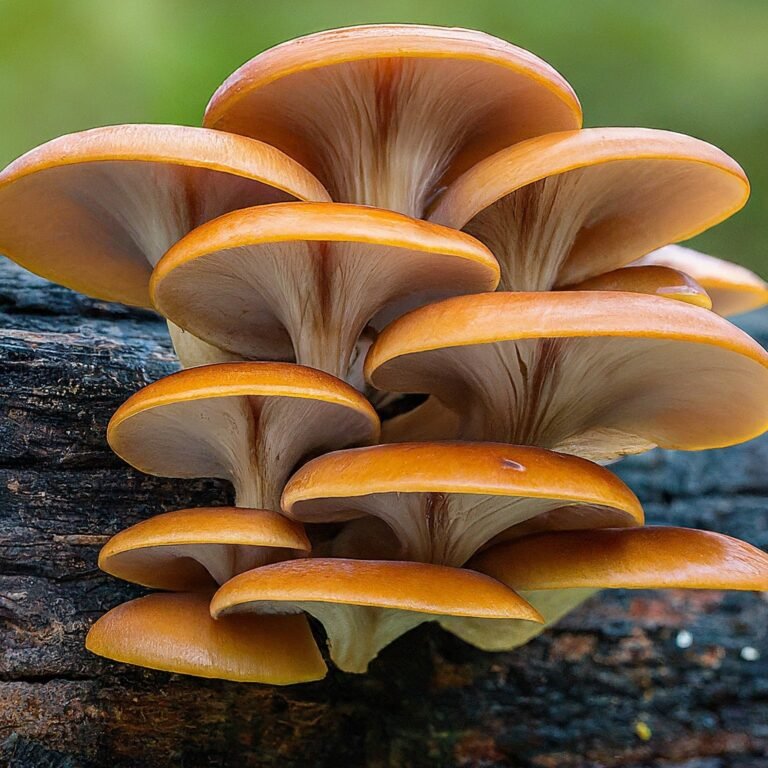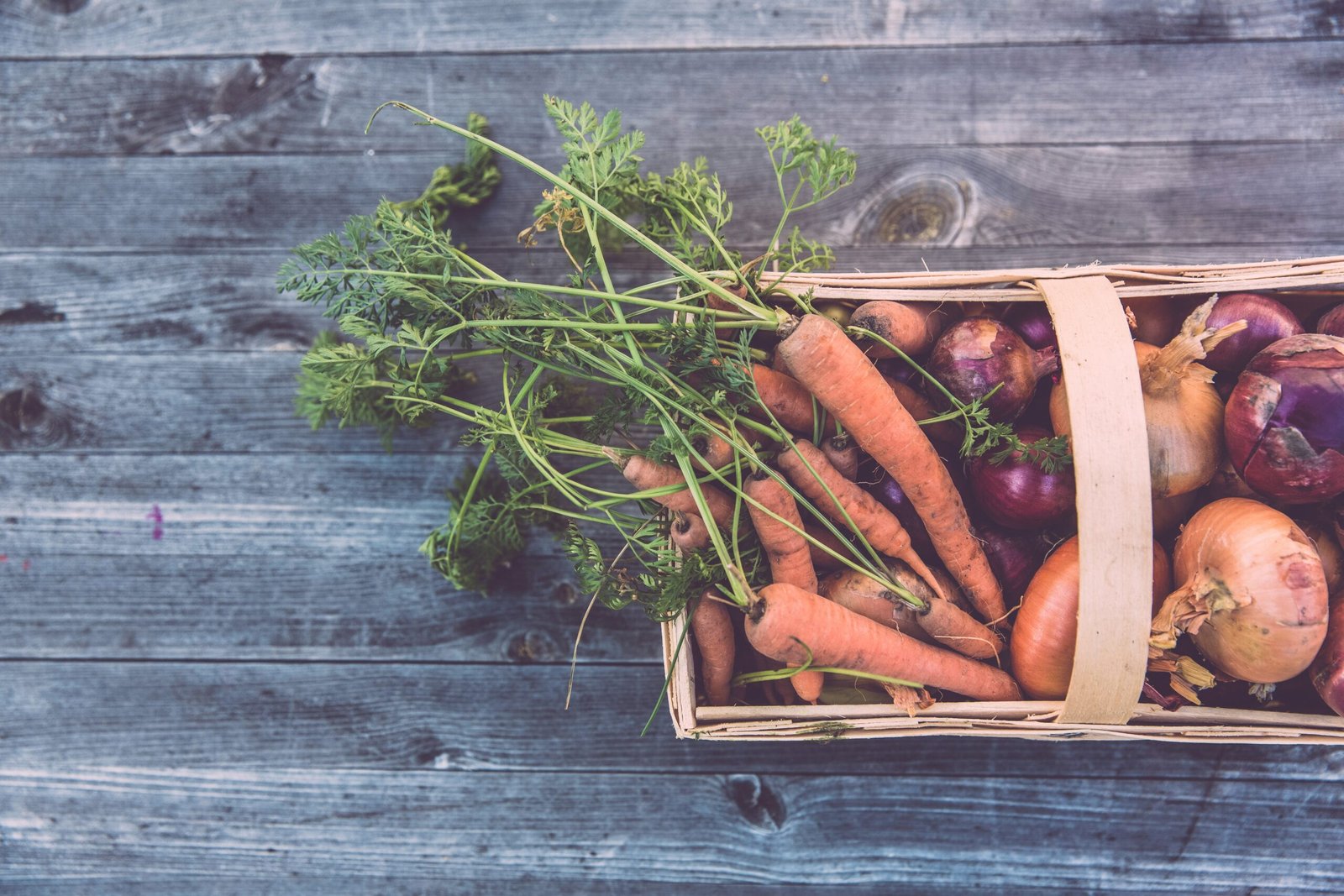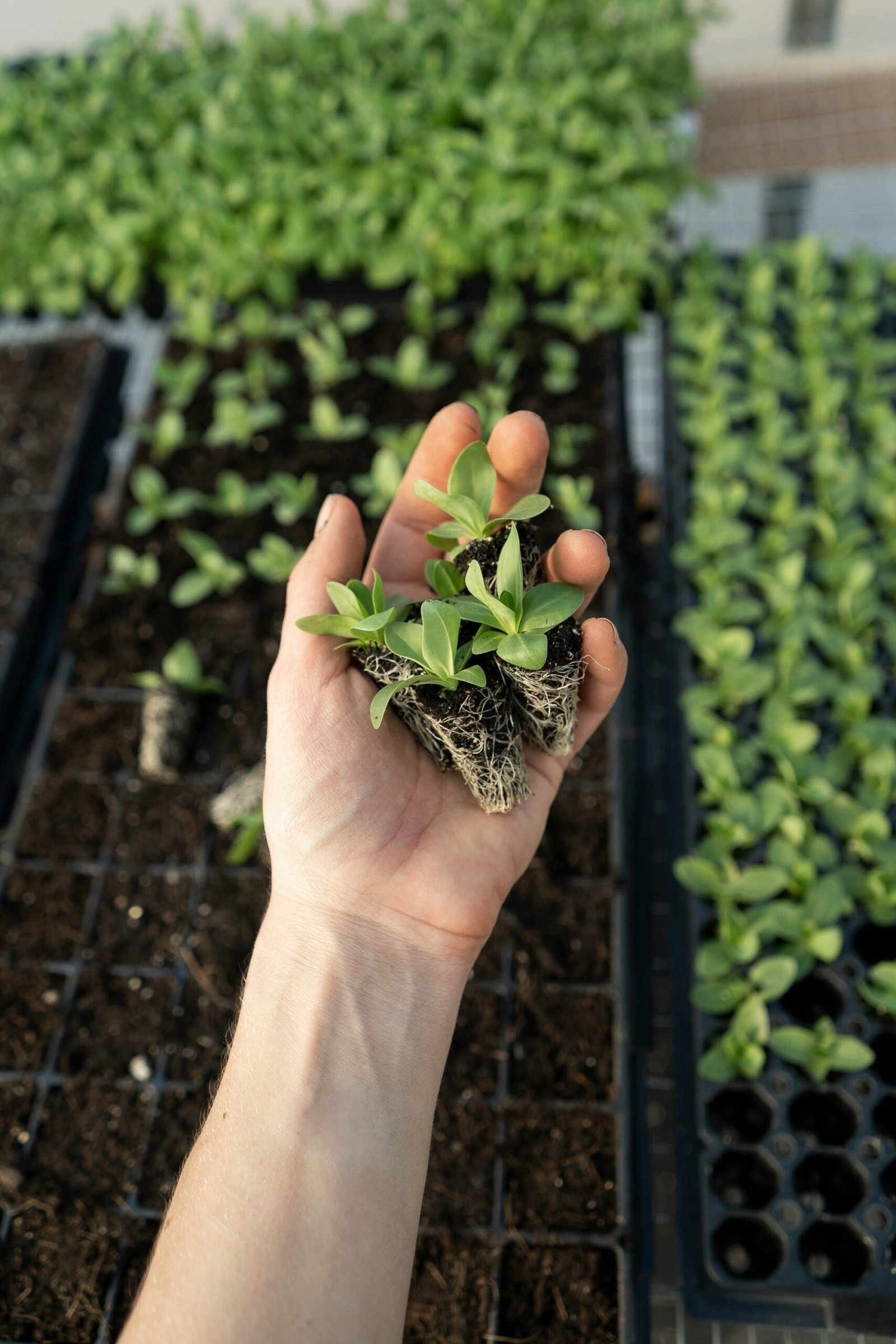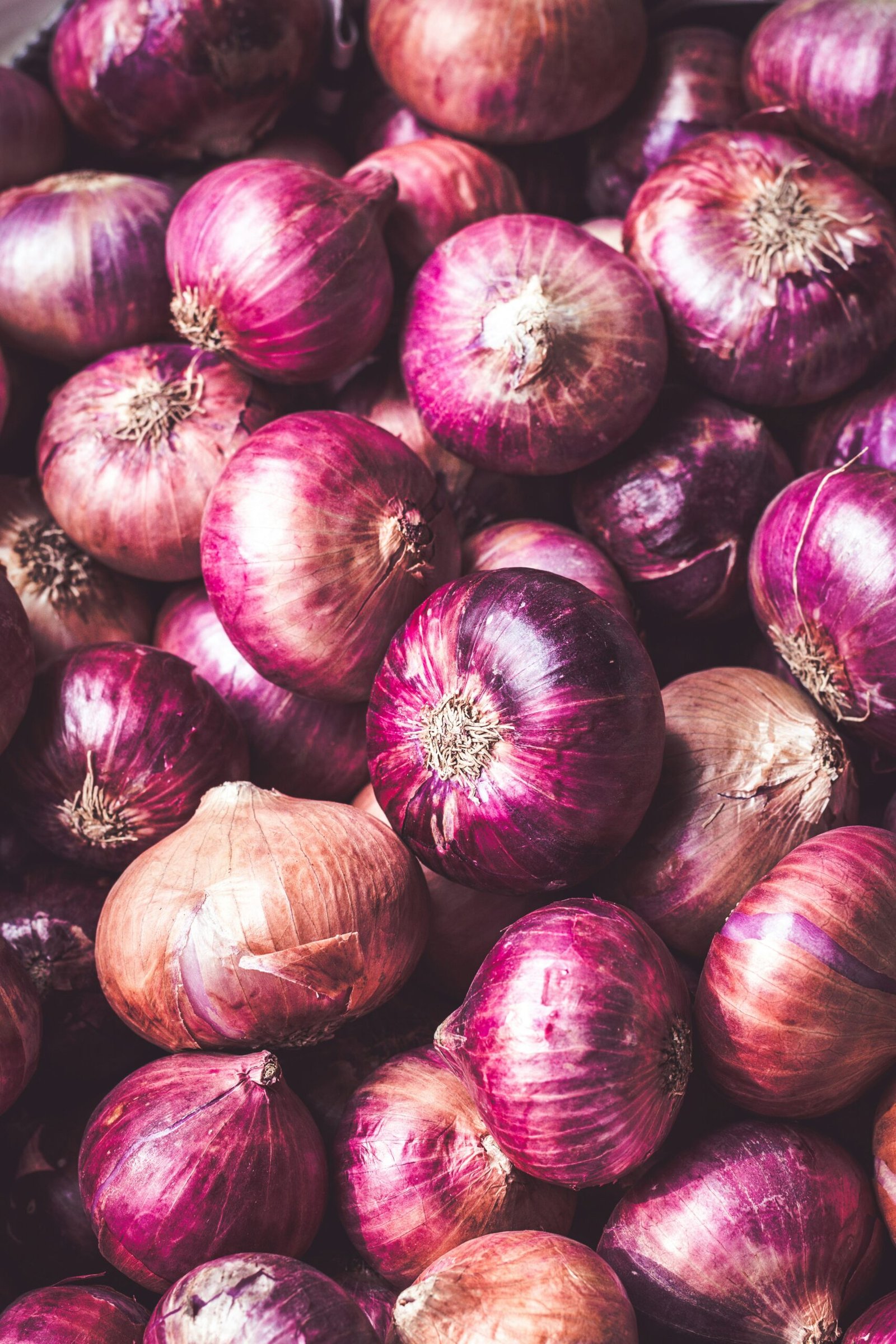The Best Soil for Raised Garden Beds
When it comes to successful gardening, one of the most crucial factors to consider is the type of soil you use. For amateur gardeners looking to start their own raised garden beds, choosing the right soil is essential for healthy plant growth and bountiful harvests. In this guide, we will explore the best soil for raised garden beds, helping you make an informed decision for your gardening journey.
1. Organic Raised Bed Soil
Organic raised bed soil is a popular choice among gardeners who prioritize sustainability and eco-friendliness. This type of soil is typically made from a combination of compost, peat moss, and other organic matter. It provides excellent drainage, retains moisture, and promotes healthy root development. Organic raised bed soil is rich in nutrients and beneficial microorganisms, creating a thriving environment for your plants.
One advantage of using organic raised bed soil is that it is free from synthetic fertilizers, pesticides, and other harmful chemicals. This makes it a safe and natural option for growing fruits, vegetables, and herbs. Additionally, organic soil is known to improve soil structure over time, ensuring long-term success for your garden.
2. Raised Bed Soil Mix Recipe
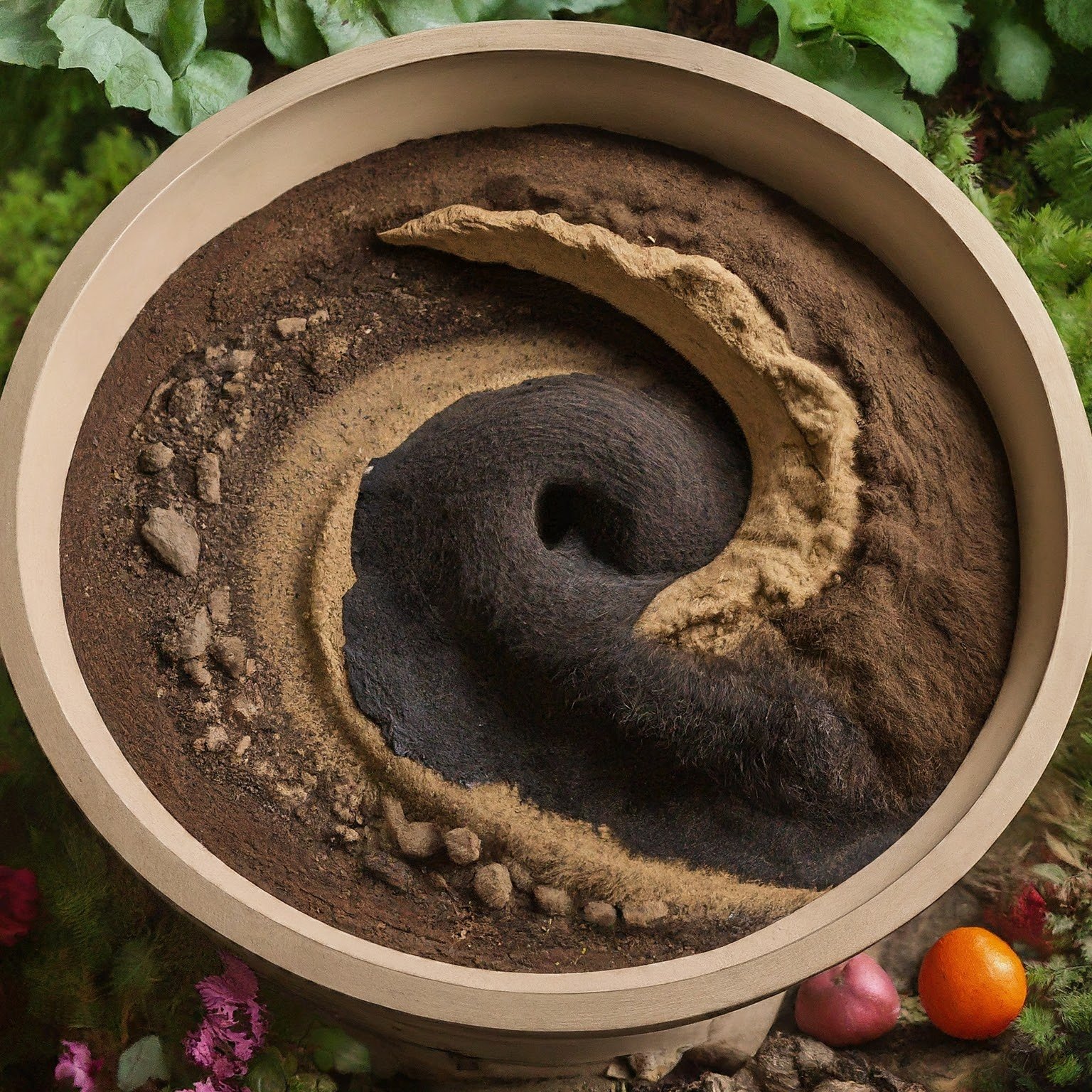
If you prefer a DIY approach and want to create your own soil mix for raised garden beds, here is a simple recipe to follow:
- 1 part compost: Compost is a key ingredient in any soil mix. It adds nutrients, improves soil structure, and enhances moisture retention.
- 1 part peat moss: Peat moss helps with moisture retention and aeration, ensuring that your plants have access to water and oxygen.
- 1 part vermiculite or perlite: Vermiculite and perlite are lightweight materials that improve drainage and prevent soil compaction.
- Optional: 1 cup of organic fertilizer: Adding organic fertilizer can provide an extra boost of nutrients for your plants.
Mix these ingredients thoroughly to create a well-balanced soil mix for your raised garden beds. Remember to adjust the quantities based on the size of your garden.
3. Raised Bed Soil Amendments
In addition to the base soil mix, you can further enhance the quality of your raised garden bed by incorporating soil amendments. These amendments can address specific needs of your plants and optimize their growth. Here are a few common soil amendments:
- Compost: Adding more compost to your raised bed soil can increase its nutrient content and improve overall soil health.
- Worm castings: Worm castings are rich in beneficial bacteria and nutrients, providing a natural fertilizer for your plants.
- Coconut coir: Coconut coir is a sustainable alternative to peat moss. It improves water retention and aeration in the soil.
- Bone meal: Bone meal is a slow-release fertilizer that is high in phosphorus, promoting root development and flowering.
By incorporating these amendments into your raised bed soil, you can create a customized blend that caters to the specific needs of your plants.
Conclusion
Choosing the best soil for your raised garden beds is a crucial step in ensuring the success of your gardening endeavors. Whether you opt for organic raised bed soil, a DIY soil mix recipe, or incorporate soil amendments, the key is to provide your plants with a nutrient-rich, well-draining, and healthy growing environment. By investing in quality soil, you are setting the foundation for a thriving garden that will reward you with abundant harvests for years to come.
Remember, gardening is a continuous learning process, and experimentation is key. Monitor the performance of your soil and make adjustments as needed to optimize your garden’s productivity. Happy gardening!
